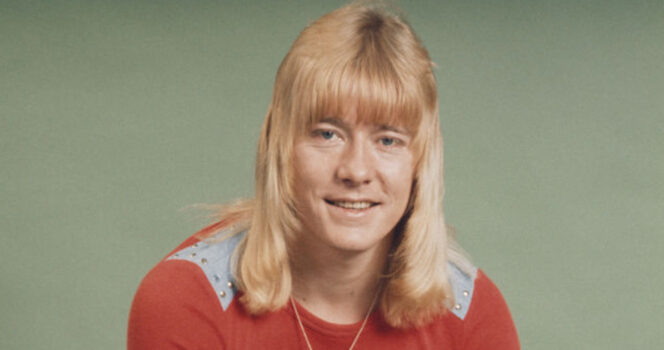Brian Connolly, the Scottish-born singer best known as the frontman of the glam rock band The Sweet, rose to international fame in the 1970s with hits like Ballroom Blitz and Fox on the Run. With his distinctive voice, striking looks, and electrifying stage presence, Connolly became one of the most recognizable figures of the glam rock movement.
Behind the success, however, his later years were marked by serious health struggles and financial difficulties. This article provides a factual, SEO-optimized account of his life, career milestones, health challenges, and legacy, based on verified information from reputable sources.
Early Life and Adoption
Brian Francis Connolly was born on October 5, 1945, in Govanhill, Glasgow, Scotland. His early years were difficult—he was placed in foster care and raised by a nurse and her husband in Blantyre, South Lanarkshire. His biological father was never publicly identified, but later in life, Connolly discovered he was the half-brother of Scottish actor Mark McManus, star of the TV series Taggart (The Guardian).
At 18, he adopted the surname “Connolly,” which would later become synonymous with his role in The Sweet.
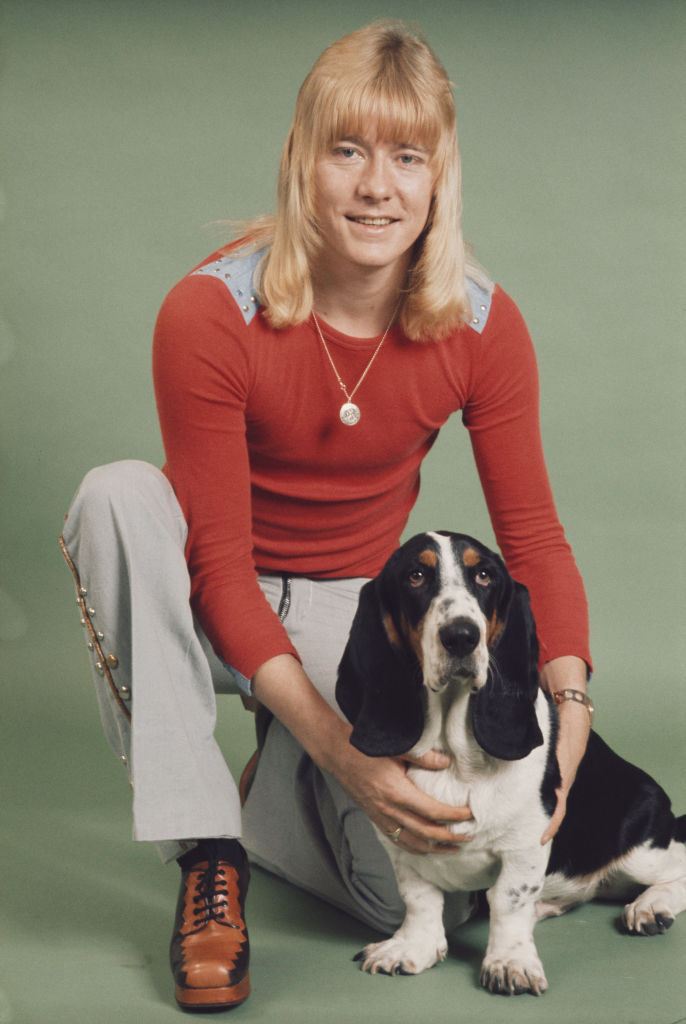
Formation of The Sweet
By the mid-1960s, Connolly had started performing with local bands in London. His big break came when he joined a group called Wainwright’s Gentlemen, where he met drummer Mick Tucker. The two went on to form a new band, initially called Sweetshop, later shortened to The Sweet.
The group gained traction in the early 1970s, working with the songwriting team Nicky Chinn and Mike Chapman, who penned many of their biggest hits.
Career Milestones with The Sweet
The Sweet became one of the defining bands of the glam rock era, achieving both UK and international success.
- Hit Singles: The band had 13 Top 20 hits in the UK, including Block Buster! (which reached No. 1 in 1973), The Ballroom Blitz (1973), Teenage Rampage (1974), and Fox on the Run (1975).
- Album Sales: At their peak, The Sweet sold an estimated 50 million records worldwide.
- Stage Presence: Connolly’s powerful voice and charismatic performances made him the face of the band, while Tucker, Andy Scott (guitar), and Steve Priest (bass) rounded out the group’s unique sound.
Their blend of hard rock guitar riffs and pop hooks helped shape the glam rock sound of the 1970s, alongside contemporaries such as Queen, Slade, and T. Rex.
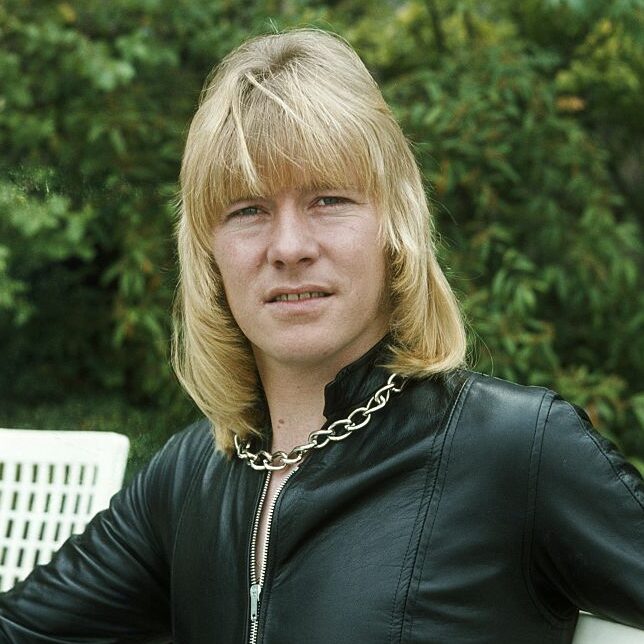
Challenges and Departure from The Sweet
By the late 1970s, tensions within the band and Connolly’s growing health issues began to affect performances. According to BBC archives, Connolly was assaulted outside a nightclub in 1974, leaving him with injuries that weakened his vocal cords. Over time, this, along with struggles with alcohol, impacted his ability to perform consistently.
In 1979, Connolly left The Sweet to pursue a solo career. Despite his fame, his singles failed to achieve the same level of commercial success as the band’s hits.
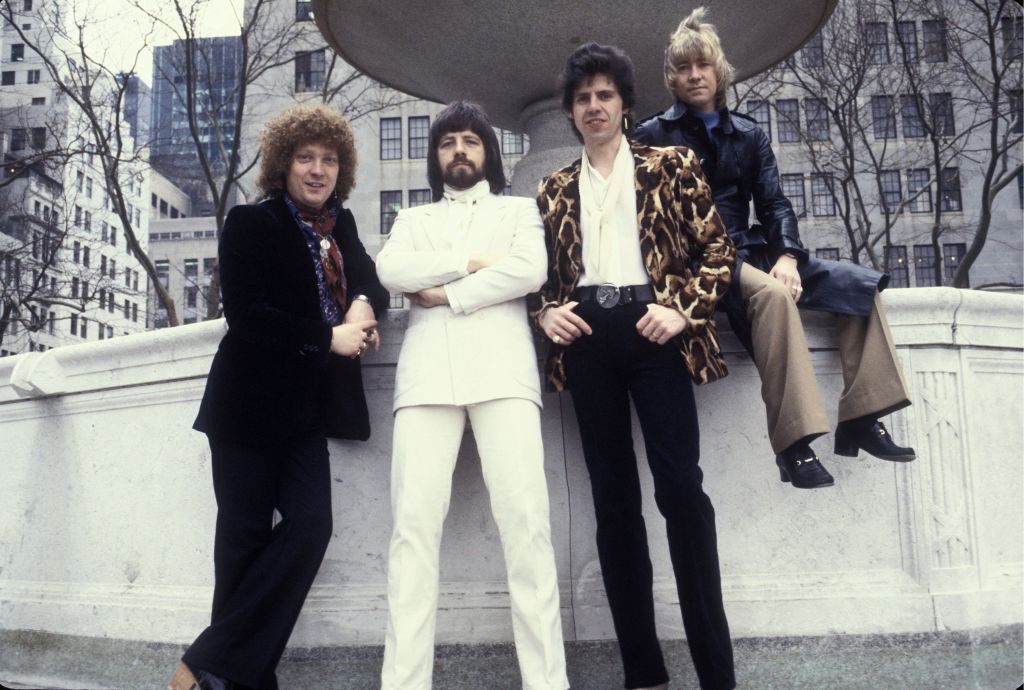
Solo Career and Financial Difficulties
Connolly released several solo singles in the early 1980s, but none charted significantly. He faced financial challenges during this time, compounded by legal disputes over royalties and band name rights.
By the 1980s, he was performing under the name Brian Connolly’s Sweet, while Andy Scott and later Steve Priest led their own versions of The Sweet. The split caused ongoing confusion among fans and limited Connolly’s ability to capitalize on the band’s legacy.
Health Struggles
Connolly’s health decline became increasingly visible in the 1980s and 1990s.
- Cardiac Issues: He suffered from multiple heart problems, some linked to past lifestyle choices. His ex-wife recounted in interviews that he experienced several heart attacks over the years.
- Paralysis and Nervous System Disorder: A series of health setbacks left him partially paralyzed on one side and with tremors that made performing difficult (The Independent).
- Alcohol-Related Damage: Years of heavy drinking contributed to kidney and liver problems, which doctors later confirmed as causes of his declining health.
Despite these challenges, Connolly continued to perform whenever possible, particularly across the UK and Europe, where fans remained loyal.

Later Career and Final Years
In 1995, Connolly released a solo album, Let’s Go, which received modest attention. Around the same time, he became a father again when his partner, Jean, gave birth to their son.
That year, he also appeared in the Channel 4 documentary “Don’t Leave Me This Way,” where he openly discussed his health struggles and acknowledged the toll that alcohol and illness had taken on him.
Connolly’s final live performance took place on December 5, 1996, at the Bristol Hippodrome. Just two months later, on February 9, 1997, he passed away at Wexham Park Hospital in Slough, England. The official cause of death was liver failure, kidney failure, and repeated heart attacks (BBC News). He was 51 years old.
Legacy and Influence
Brian Connolly’s story reflects both the glamour and the hardships of rock stardom. While his later years were marked by health struggles and financial setbacks, his legacy as the voice of The Sweet remains secure.
- Musical Impact: Songs like Ballroom Blitz and Fox on the Run continue to feature in films, commercials, and sporting events, ensuring The Sweet’s music reaches new generations.
- Influence on Other Bands: The Sweet’s mix of hard rock and pop paved the way for later acts in glam metal and hard rock, including Def Leppard and Mötley Crüe.
- Fan Tributes: In recognition of his contributions, fans funded a memorial plaque at Breakspear Crematorium in Ruislip, London, where his ashes were laid to rest.
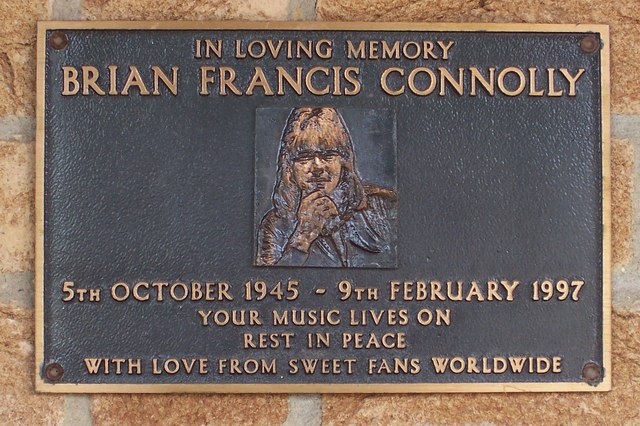
Conclusion
Brian Connolly’s life was a story of dazzling success and human struggle. From being abandoned as a child to fronting one of the most iconic glam rock bands of the 1970s, his journey was marked by resilience, talent, and lasting cultural impact.
Though health issues overshadowed his final years, Connolly’s music continues to inspire fans worldwide. His voice defined an era of glam rock, and his legacy lives on through both his recordings and the continued admiration of music lovers across generations.
